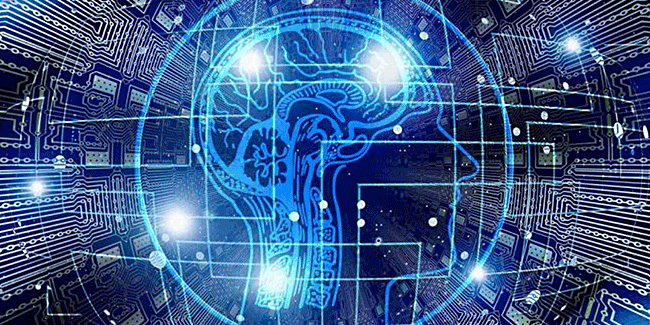AI Trained to Predict Future Medical Discoveries
 An artificial intelligence (AI) program has been trained to read scientific papers and predict which ones are likely to translate into medical treatments.
An artificial intelligence (AI) program has been trained to read scientific papers and predict which ones are likely to translate into medical treatments.
Its purpose is to decrease the sometimes decades-long intervals between discovery and clinical application.
The program was developed by Ian Hutchins and colleagues in the Office of Portfolio Analysis (OPA) at the National Institutes of Health (NIH). Their novel artificial intelligence system is able to retrieve information from research papers via unsupervised learning and make predictions that are accurate with as little as two years of post-publication data.
Predicting Discoveries
“Fundamental scientific advances can take decades to translate into improvements in human health. Shortening this interval would increase the rate at which scientific discoveries lead to successful treatment of human disease,” the scientists write in the PLOS Biology paper describing their work.
“One way to accomplish this would be to identify which advances in knowledge are most likely to translate into clinical research.”
Novel Metric
The model qualifies predictions using a novel metric called “Approximate Potential to Translate” (APT), which is the potential for scientific findings in a laboratory to be turned into potential treatments for disease. It calculates the APT values and makes its predictions based on the content of research articles and those that cite them.
For more details about this breakthrough research read ‘Predicting Translational Progress in Biomedical Research' in the open-access journal PLOS Biology.
For more information about the work of the Office of Portfolio Analysis at the NIH click here.
Add your Comment
[LOGIN FIRST] if you're already a member.fields are required.
